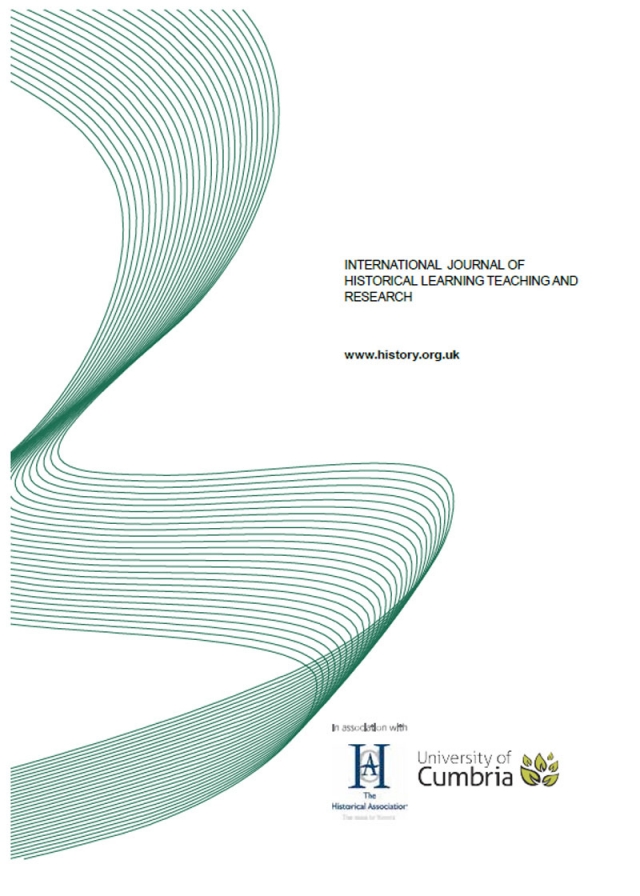Social Studies Teachers’ Resistance to Teaching Francophone Perspectives in Alberta
IJHLTR Article

International Journal of Historical Learning, Teaching and Research [IJHLTR], Volume 15, Number 1 – Autumn/Winter 2017
ISSN: 14472-9474
Abstract
It is increasingly common for social studies programs to call for the teaching of multiple perspectives on past and current issues. Within the Canadian context, the province of Alberta’s social studies program mandates all K–12 teachers to help students see contemporary issues and topics through the lenses of multiple perspectives, including those of Francophone and Aboriginal communities. Examining a range of data sources collected during the pre- (1999–2004) and post- (2005–2015) implementation phases of the program has demonstrated that this curricular mandate is impeded by teachers’ structural resistance. This article reports on the first broad overview of this body of research as it relates to Francophone perspectives in particular. As part of this process, we identify a typology of resistance expressed by teachers towards teaching Francophone perspectives. Additionally, we trace the origins and sources of this structural resistance by drawing on a diverse body of literature in the learning sciences (Sears, 2014), memory studies (Létourneau, 2007), as well as critical (den Heyer & Abbott, 2011; Stanley, 2007) and Indigenous insights into social studies and history education (Donald, 2009a, 2009b).
Introduction
Historically, social studies and history education in Canada (A. Clark, 2009; Gereluk & Scott, 2014) and the U.S. (Banks, 2004; VanSledright, 2008) have been linked to nation-building projects seeking to create and reproduce a shared national identity among largely eclectic groups of people. As part of this process, dominant national groups – including elite descendants of settlers from the British Isles – have worked to make their language, literature, and historical memory “the ‘national’ language, literature and history” (Kymlicka, 2007, p. 63). Influenced by the realities of immigration and research on multicultural education (Banks, 1989; Ladson-Billings, 1992; Mckay & Gibson, 1999), particularly since the 1980s, educational jurisdictions in North America started introducing curricular initiatives that seek to make the curriculum more responsive and relevant to the culture and perspectives of minority groups.
Attached files:
- International Journal 15.1 - Scott
279.7 KB PDF document

